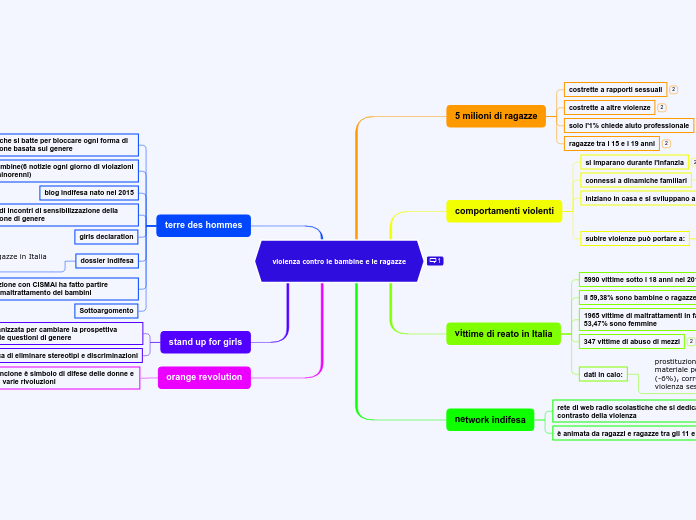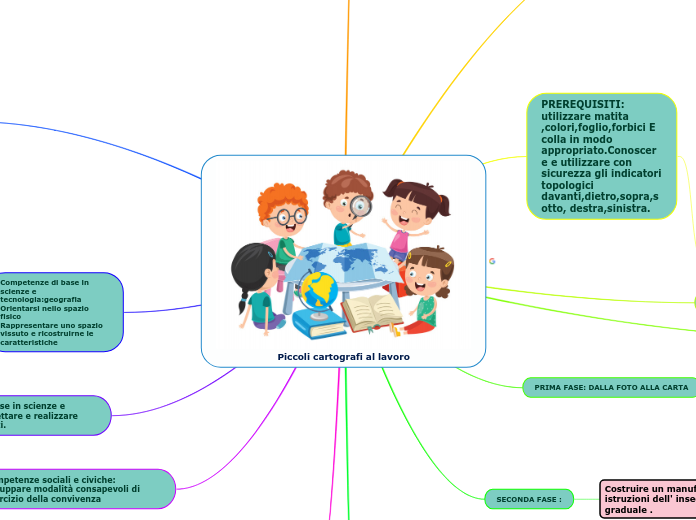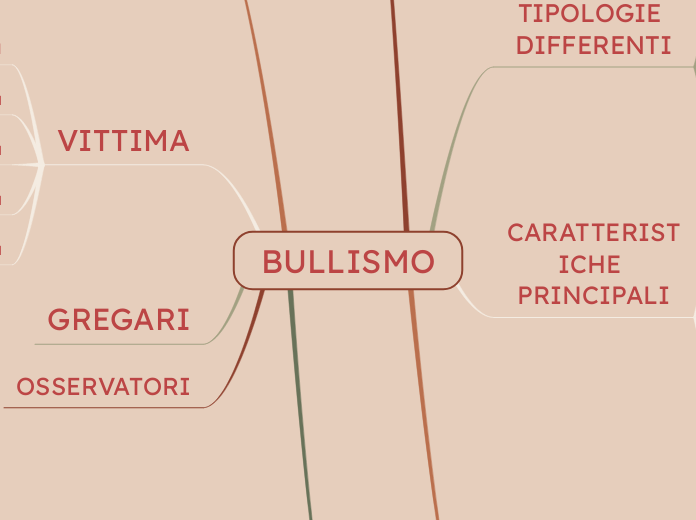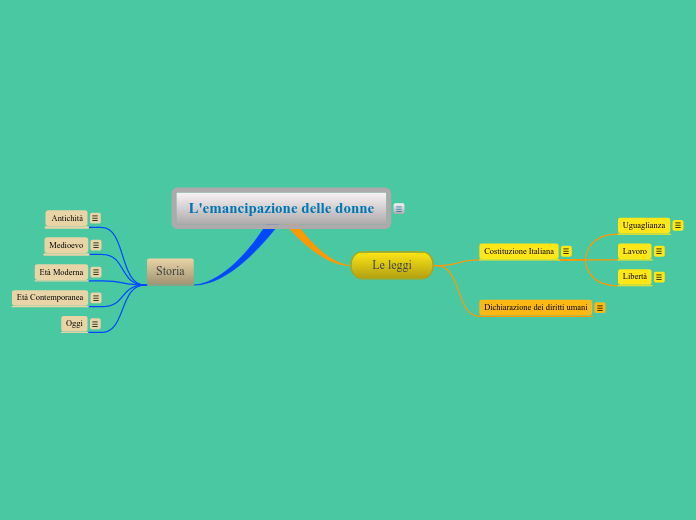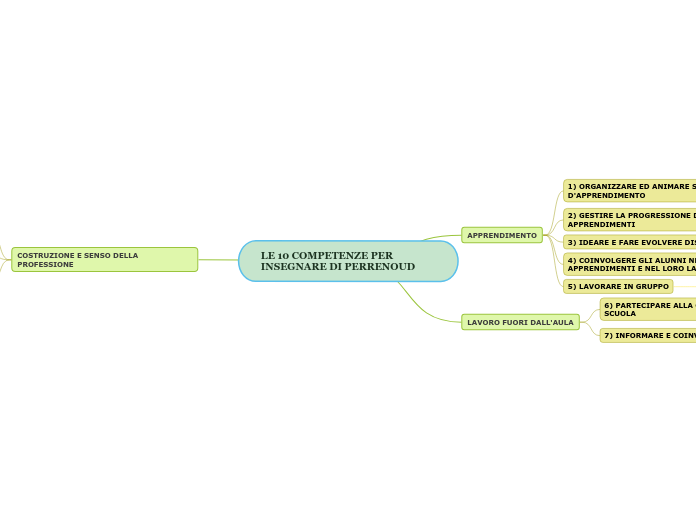violenza contro le bambine e le ragazze
The part of speech is a category to which a word is assigned according to its syntactic functions. In English the main parts of speech are noun, pronoun, adjective, determiner, verb, adverb, preposition, conjunction, and interjection.
orange revolution
An interjection is used to express emotion in a sentence.
Think of other interjections!
il colore arancione è simbolo di difese delle donne e rappresenta varie rivoluzioni
stand up for girls
An adverb is used to describe a verb, but it can also describe an adjective or another adverb.
Adverbs normally help paint a fuller picture by describing how something happens.
cerca di eliminare stereotipi e discriminazioni
Always, usually, Never
serata organizzata per cambiare la prospettiva riguardo alle questioni di genere
Carefully, Slowly
terre des hommes
A numeral is a word or phrase that describes a numerical quantity.
Some theories of grammar use the word 'numeral' to refer to cardinal numbers that act as a determiner to specify the quantity of a noun, for example the 'two' in 'two hats'.
Sottoargomento
in collaborazione con CISMAi ha fatto partire ricerche sul maltrattamento dei bambini
dossier indifesa
condizione delle bambine e delle ragazze in Italia e nel mondo
girls declaration
programma di incontri di sensibilizzazione della discriminazione di genere
blog indifesa nato nel 2015
cronache bambine(6 notizie ogni giorno di violazioni e abusi su minorenni)
federazione che si batte per bloccare ogni forma di discriminazione basata sul genere
First, second..
network indifesa
An article is a word used to modify a noun, which is a person, place, object, or idea. Technically, an article is an adjective, which is any word that modifies a noun.
è animata da ragazzi e ragazze tra gli 11 e i 13 anni
Indefinite articles are the words 'a' and 'an.' Each of these articles is used to refer to a noun, but the noun being referred to is not a specific person, place, object, or idea. It can be any noun from a group of nouns.
A car in the parking lot.
rete di web radio scolastiche che si dedicano al contrasto della violenza
It refers directly to a specific noun or groups of nouns.
The breakfast on my plate.
vittime di reato in Italia
A pronoun is a word that can be used in place of a noun, typically after the noun itself has already been stated.
dati in calo:
Reciprocal pronouns are used for actions or feelings that are reciprocated. The reciprocal pronouns are each other and one another.
prostituzione minorile(-3%), detenzione di materiale pornografico (-13%), violenza sessuale (-6%), corruzione di minorenne(-14%) e violenza sessuale aggravata(-1%)
347 vittime di abuso di mezzi
A reflexive pronoun ends with ...self or ...selves and refers to another noun or pronoun in the sentence (usually the subject of the sentence). The reflexive pronouns are myself, yourself, herself, himself, itself, ourselves, yourselves, and themselves.
Itself, Himself
1965 vittime di maltrattamenti in famiglia di cui il 53,47% sono femmine
Demonstrative pronouns are used to demonstrate (or indicate). This, that, these, and those are all demonstrative pronouns.
This, These
il 59,38% sono bambine o ragazze
Possessive pronouns are used to show possession. The possessive pronouns are mine, yours, his, hers, ours, and theirs.
His, Your
5990 vittime sotto i 18 anni nel 2018
The personal pronouns are I, you, he, she, it, we, they. More often than not (but certainly not always), they replace nouns representing people.
He, They
comportamenti violenti
An adjective is a word that's used to describe a specific noun and to provide more detail to the listener.
subire violenze può portare a:
una serie di problemi mentali (mancanza di autostima, depressione...)
disabilità(il 15% della popolazione umana vive con disabilità)
iniziano in casa e si sviluppano a scuola e online
connessi a dinamiche familiari
Superlative adjectives demonstrate a higher level of comparison between entities.
si imparano durante l'infanzia
Expresses a comparison between two entities or groups of entities in quality or degree.
He is taller than she is.
5 milioni di ragazze
A noun is defined as a person, place, thing or idea. Proper nouns always begin with a capital letter. Common nouns, which are general words, such as 'cars,' are not capitalized.
ragazze tra i 15 e i 19 anni
Compound nouns are words where two nouns have been stuck together to make a new noun. Compound nouns should be written as one word, without a hyphen.
Candlestick
solo l'1% chiede aiuto professionale
A noun which refers to a group of things/people.
Family, Class
costrette a altre violenze
Countable nouns are nouns that can be counted, even if the number might be extraordinarily high.
Uncountable nouns are nouns that come in a state or quantity which is impossible to count; liquids are uncountable, as are things which act
like liquids.
Cats, Rain
costrette a rapporti sessuali
Proper nouns are the names of specific people or places. They should always begin with a capital letter.
Create sentences
Mary, Paris
